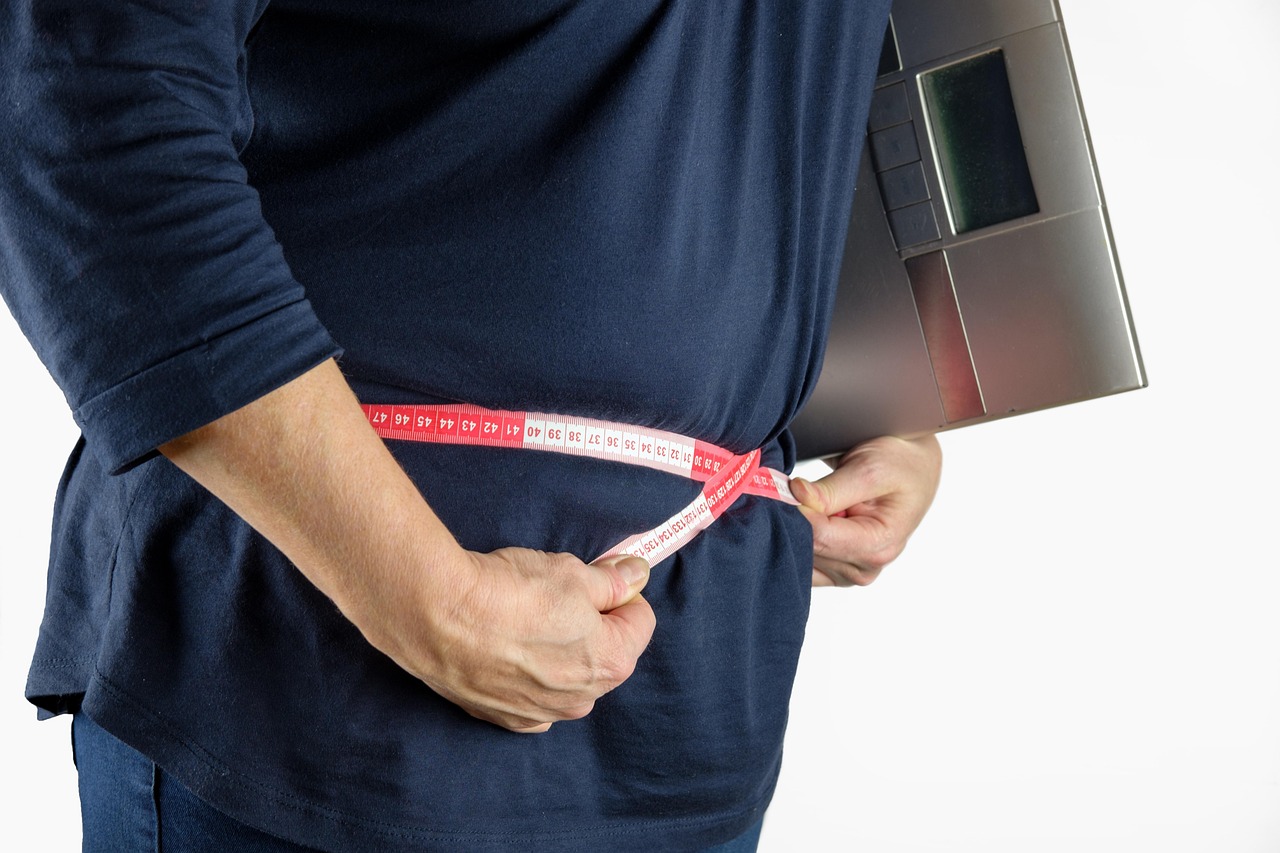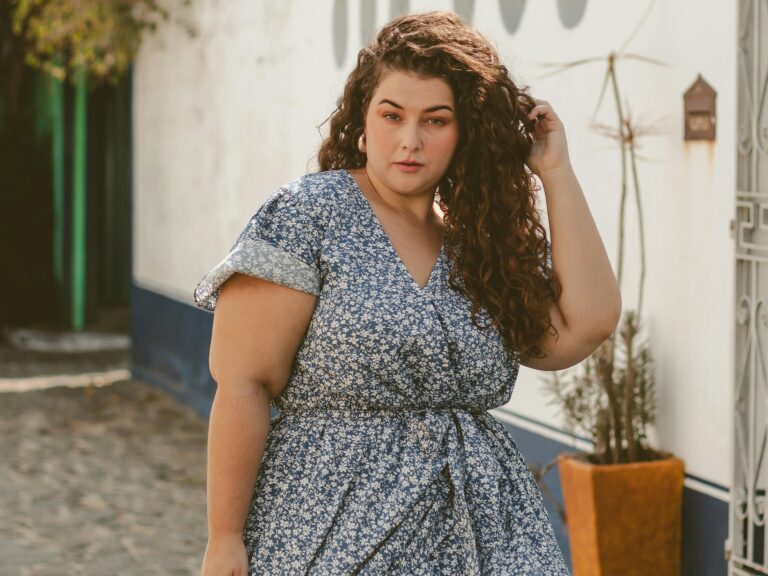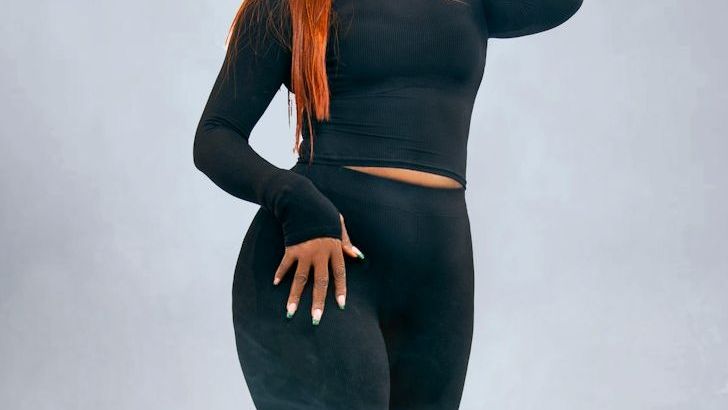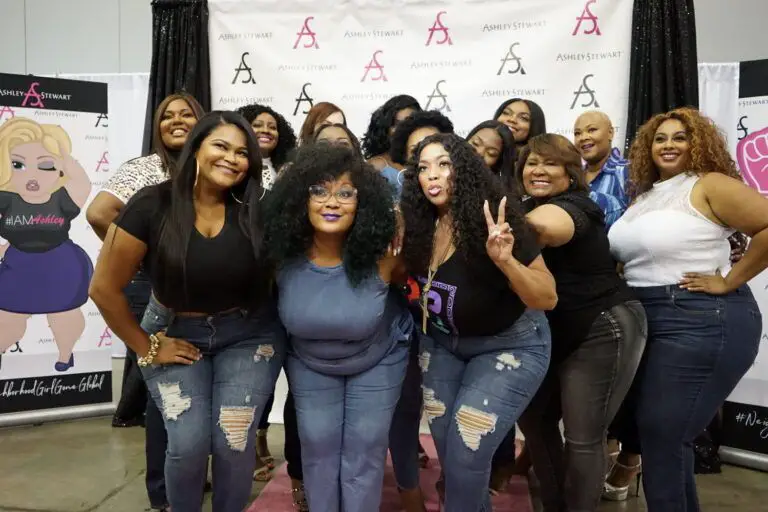Constantly Comparing Themselves to Filtered Social Media Images
One of the biggest mistakes curvy women make when trying to build confidence is endlessly scrolling through Instagram and comparing themselves to heavily edited photos. According to the National Eating Disorders Association, high school students who spend more than two hours on social media each day are 1.6 times more likely than their peers to have issues with their body image. What makes this even worse is that most women don’t realize how drastically these images have been manipulated.
Studies show that using social media for as little as 30 minutes a day can negatively change the way young women view their own body. The problem isn’t just the time spent scrolling, but the fact that we’re comparing our real, unfiltered selves to someone’s highlight reel. Research has found that viewing ‘Instagram vs reality’ and real images resulted in decreased body dissatisfaction relative to ideal images.
Seeking Validation Through Others’ Compliments and Opinions

Many curvy women fall into the trap of depending on external validation to feel good about themselves. This creates a dangerous cycle where self-worth becomes entirely dependent on what others think or say. Positive body image satisfaction is closely linked to beneficial psychological outcomes that enhance quality of life, with individuals who are satisfied with their body image being less likely to experience pervasive feelings of sadness and anxiety.
True confidence comes from within, not from collecting compliments like trophies. When you rely on others to tell you you’re beautiful or worthy, you’re essentially handing over control of your self-esteem to people who might not even know you well. Research consistently shows that internal validation leads to more stable and lasting confidence than external approval ever could.
Hiding Their Bodies Under Baggy Clothing
The instinct to hide under oversized, shapeless clothing might feel protective, but it often backfires by making women feel even more disconnected from their bodies. Fashion industry experts have noticed that while designer options exist for bigger bodies, the choices have become few and far between, with progress stalling in size inclusivity. This scarcity of well-fitted options often pushes women toward unflattering, hiding clothes.
Wearing clothes that actually fit and flatter your curves can be transformative for confidence. Curvy models have pushed brands to create clothes that actually fit and flatter, instead of just sizing up thin-girl patterns, sparking an entire wave of plus-size designers and trendsetters. When you dress your body with intention and care, you’re sending yourself the message that you’re worth the effort.
Obsessing Over the Scale and Weight Loss as the Ultimate Goal
Many adolescent girls strive to have a slender figure, expecting low body weight to be related to greater body satisfaction and self-esteem, but for many this is often not the case as they exhibit high levels of body dissatisfaction despite being underweight. The scale becomes an enemy rather than a tool, with daily weigh-ins determining mood and self-worth.
Weight loss misconceptions often stem from outdated beliefs and over-simplified notions that can lead to frustration, health risks, and ultimately failure in achieving weight loss goals. Real confidence comes from focusing on how your body feels and functions, not what the numbers say. Health encompasses so much more than weight – energy levels, strength, mental clarity, and overall wellbeing matter far more.
When women shift their focus from the scale to how they feel in their bodies, they often discover a more sustainable and genuine form of confidence that isn’t subject to daily fluctuations.
Avoiding Physical Activities Due to Body Shame

Over a third of young Australians admitted that their body image stopped them from participating in physical activity or sport quite a bit or all of the time. This creates a vicious cycle where avoiding movement leads to feeling worse about one’s body, which then reinforces the desire to hide even more.
Movement should be about celebration, not punishment. Whether it’s dancing in your living room, going for walks, or trying a new yoga class, physical activity can be one of the most powerful confidence boosters when approached with the right mindset. The endorphins from exercise, combined with the sense of accomplishment, create a natural confidence cocktail that no external validation can match.
Constantly Body-Checking and Mirror Obsession
The Cleveland Clinic reports that non-stop exposure to your appearance can result in a distorted concept of self-image focused on perceived flaws, adding to the deficit users perceive between their appearance and others they see online. This includes the habit of constantly checking mirrors, taking selfies to analyze flaws, or obsessively examining certain body parts.
Body-checking becomes a compulsive behavior that feeds anxiety rather than providing any real information. Among adolescents who believed they “weren’t thin enough” or “might get too fat”, over half exhibited clinical symptoms of body dysmorphic disorder. The more time spent scrutinizing perceived flaws, the larger and more problematic they appear to become.
Waiting to Live Life Until They Reach Their “Goal Weight”
Too many curvy women put their lives on hold, waiting until they lose weight to buy cute clothes, go to the beach, date, or pursue opportunities. This “when I’m thinner, then I’ll be happy” mentality robs women of years of potential joy and experiences. More than a third of young Australians confirmed their body image stopped them from giving an opinion or standing up for themselves.
Life is happening right now, not at some future weight. Confidence grows through taking action and having experiences, not through restriction and waiting. Confidence grows with action. The women who radiate the most confidence are often those who have decided to fully engage with life regardless of their size.
Following Extreme Diet Culture and Quick Fix Solutions

Popular ideas about weight loss often aren’t based in science and can actively harm your health, with many common myths holding people back. The diet industry thrives on making women feel inadequate and selling them the promise that the next fad diet, supplement, or program will finally be the answer to all their confidence problems.
Weight loss supplements should be used as an adjunct to, not a replacement for, healthy eating and physical activity, with relying solely on supplements leading to inadequate nutrition and other health issues. Many experts worry that 2024 marked a return to “thinness” as the norm, with influencers sounding alarms about reverting back to an obsession with one specific size.
Real confidence comes from sustainable habits that make you feel good from the inside out, not from extreme measures that often lead to yo-yo cycles and damaged relationships with food and body image.
The journey to genuine confidence isn’t about changing your body to fit society’s standards – it’s about changing your relationship with yourself. A study published in the Journal of Health Psychology found that women exposed to body-diverse media were nearly forty percent less likely to report feelings of body dissatisfaction. When you stop doing these eight things that actually work against confidence, you create space for authentic self-acceptance to flourish. Did you recognize yourself in any of these patterns?






